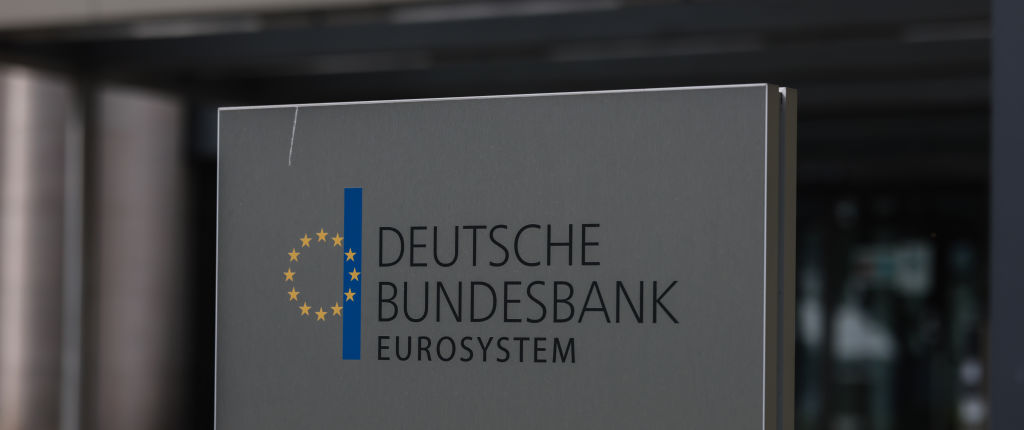Dutch Banks will advise people to keep cash at home because of the tense international situation, a spokesperson of the Dutch Banking Association (NVB) has said.
The NVB announcement on December 11 marked a historic first for banks to make such a recommendation, while also working on advice on how to handle money if account holders cannot easily access their accounts.
Insurance companies have warned about the risks of theft involved in having significant cash to hand.
Defence minister Ruben Brekelmans said on December 8 on Dutch TV show WNL op Zondag the Netherlands must prepare for all possible war scenarios due to the Russian threat. He also advised keeping some cash at home at all times.
Cash is widely accepted as a method of payment, despite the rise of digital payments, while alternatives such as gold or cryptocurrencies are not.
Insurers were less thrilled about the call to keep cash at home. A spokeswoman for the Dutch Association of Insurers (Verbond van Verzekeraars) told ANP that cash at home was generally covered by your home insurance but she warned there were limitations.
According to her, compensation for stolen cash typically ranged from €250 to €500, depending on the insurer. “If you have large sums of money at home, this could lead to disappointment in the event of a burglary.”
The spokeswoman further stressed that it was often difficult to prove the exact amount of cash stolen after a break-in, which complicated the process of filing a claim.
Additionally, the public call to keep cash in the house could convince criminals to try and take it, she added.
“The advice is to carefully review the terms and conditions of your home insurance policy and to realise that cash is often only covered up to a certain amount,” the spokeswoman concluded.
The hack left workers in the affected ministries without access to a variety of services, including email, on their mobile phones. https://t.co/pZsyJi4oX8
— Brussels Signal (@brusselssignal) July 25, 2023
The Netherlands has been developing plans for emergency preparedness for its citizens for several years now but the concept has gained more traction recently.
Since 2022, the Dutch Government has been actively promoting citizen preparedness for various emergencies.
It launched a campaign called Denk Vooruit (Think Ahead) to encourage citizens to be ready for emergencies.
The government advised citizens to have to hand an emergency kit with essential items such as enough drinking water and non-perishable food for several days, a battery-powered radio, flashlights with extra batteries, a first-aid kit, copies of important documents, some cash and essential medications.
This initiative aimed to boost societal resilience and ensure that individuals could sustain themselves for at least 72 hours in the event of a major emergency or disaster.





